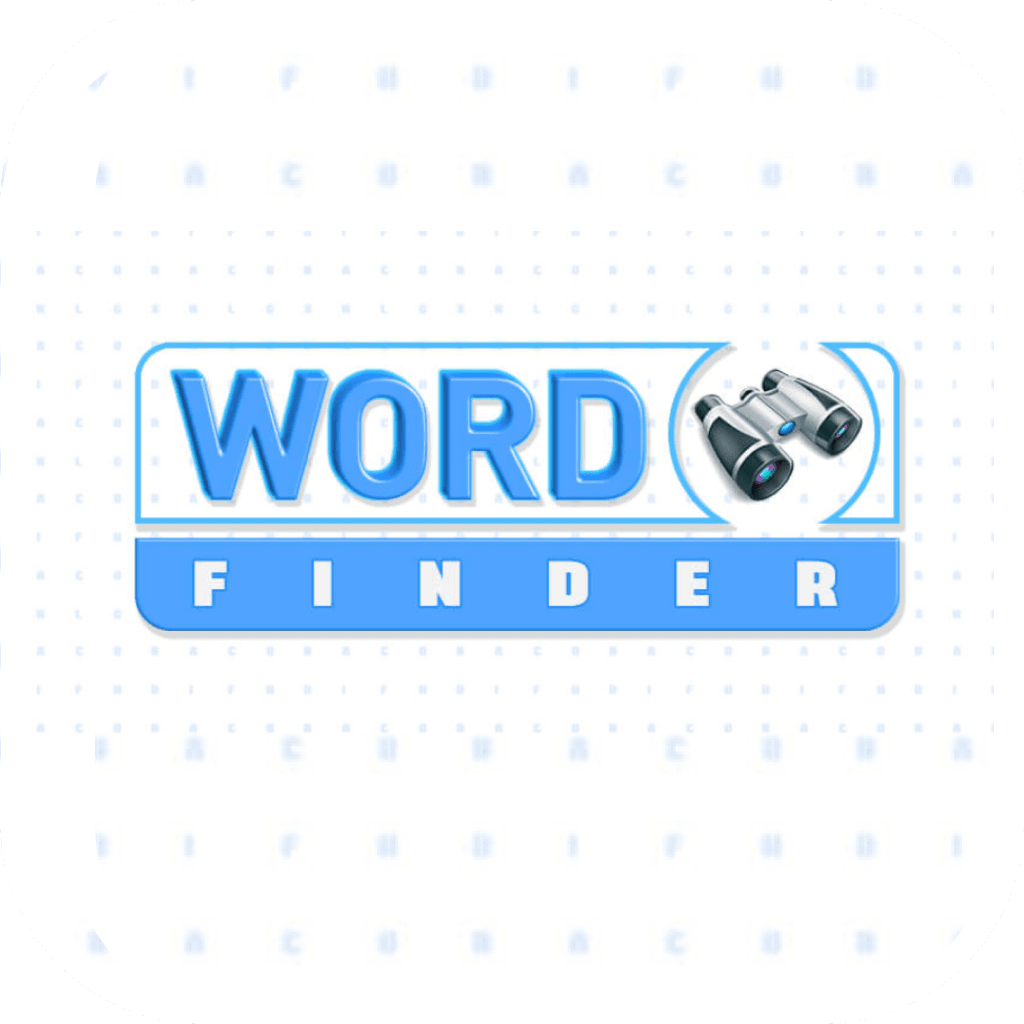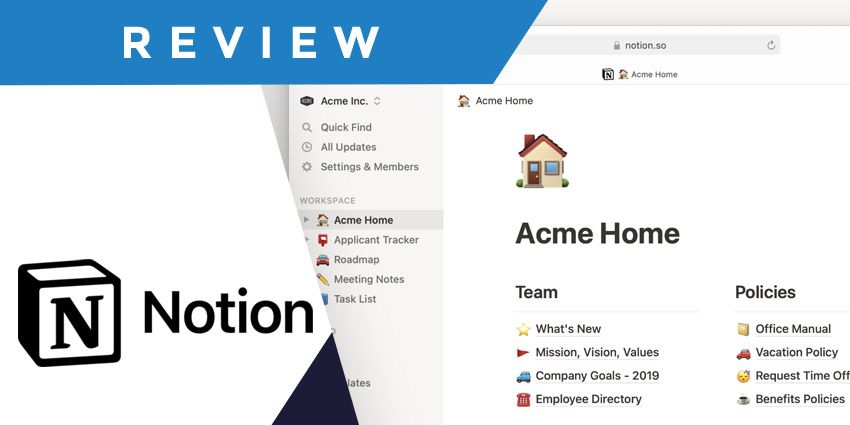

In today’s fast-paced digital world, finding the perfect productivity tool can be challenging. Notion has emerged as a powerful contender in the workspace app market, offering an impressive array of features. Let’s learn more about this topic below with Word Search.
Notion is a versatile all-in-one workspace application that combines note-taking, project management, wikis, and databases into a single platform. Launched in 2016, it has grown exponentially to become one of the most popular productivity tools available today. The app’s fundamental premise is simple: create a unified workspace where teams and individuals can organize, collaborate, and manage their work efficiently.
What sets Notion apart is its building-block approach to content creation. Every page is essentially a blank canvas where users can add various types of content blocks – text, tables, kanban boards, calendars, and more. This flexibility allows users to create custom workflows and organize information in ways that best suit their needs.
Read more: Spotify vs. Apple Music: Which Music App Is Better?
The interface of Notion follows a minimalist design philosophy that might initially seem overwhelming to new users. However, this apparent complexity serves a purpose – it provides unprecedented customization options. The left sidebar contains your workspace hierarchy, while the main area displays your current page. The clean, distraction-free environment helps maintain focus while working.
Navigation within Notion is intuitive once you understand its core concepts. Pages can be nested within other pages, creating a hierarchical structure that makes organizing information logical and accessible. The search function is powerful and context-aware, helping users quickly find specific content across their entire workspace.
Notion’s feature set is extensive and continuously growing. The app excels at document creation, offering rich text editing with support for markdown, images, videos, and embedded content. The database functionality is particularly powerful, allowing users to create everything from simple tables to complex relational databases with multiple views.
Collaboration features are robust, with real-time editing, commenting, and sharing capabilities. Users can assign tasks, mention team members, and track changes effectively. The template gallery is another standout feature, providing numerous pre-built layouts for various use cases, from simple note-taking to complex project management.
One of Notion’s greatest strengths is its customization potential. Users can create custom databases with properties tailored to their specific needs. Views can be configured as tables, lists, calendars, or kanban boards, offering multiple ways to visualize and interact with the same information. This flexibility extends to page layouts, where elements can be arranged and styled to create personalized dashboards.
The ability to create templates and duplicate pages saves time and ensures consistency across projects. Advanced users can leverage formulas and relations between databases to create sophisticated systems for tracking and managing information.
Notion’s mobile app maintains most of the desktop version’s functionality while adapting to smaller screens. The mobile interface is well-optimized, making it easy to access and edit content on the go. Sync across devices is seamless, ensuring your workspace remains up-to-date regardless of which device you’re using.
While the mobile experience is generally good, some advanced features may be less convenient to use on smaller screens. However, for basic tasks like checking notes, updating tasks, or referencing information, the mobile app serves its purpose well.
Notion offers a generous free plan that includes most essential features and unlimited pages for personal use. The paid plans start at relatively reasonable prices, with the Personal Pro plan adding unlimited file uploads and guests. Team and Enterprise plans include additional collaboration features, admin tools, and advanced security options.
Compared to using multiple specialized tools for different purposes, Notion’s all-in-one approach can potentially lead to significant cost savings. The value proposition is particularly strong for teams and organizations looking to consolidate their workflow tools.
While Notion generally performs well, there can be occasional loading delays, especially with large databases or complex pages. The offline functionality has improved over time but still has some limitations. Users should maintain a stable internet connection for the best experience.
The platform’s reliability is generally good, with regular updates addressing bugs and adding new features. Data backup options are available, though some users might prefer more granular control over their data export capabilities.
New users might find Notion’s learning curve steep due to its extensive feature set. However, the platform offers excellent documentation, tutorial videos, and a helpful community. The investment in learning the platform pays off as users discover more efficient ways to organize their work.
The template gallery serves as both a learning tool and a shortcut to productivity, allowing users to study how others have structured their workspaces and adapt these approaches to their needs.
Read more: Trello App Review: Can It Really Boost Your Productivity?
Notion implements standard security measures including encryption at rest and in transit. Enterprise users get additional security features like SSO and advanced permissions. While the platform’s security is generally robust, some organizations with strict compliance requirements might need to evaluate whether it meets their specific needs.
Privacy controls allow users to manage sharing and access permissions at both the workspace and page levels. However, some users might wish for more granular control over data storage locations and privacy settings.
Notion stands out as a powerful and flexible all-in-one workspace solution. Its greatest strength lies in its adaptability – users can shape it to fit their specific needs, whether for personal organization, team collaboration, or project management. While the learning curve can be steep, the potential productivity gains make it worth the investment.
For individuals seeking a unified solution for note-taking and personal organization, Notion is an excellent choice, especially considering its free tier. Teams looking to streamline their workflows and reduce tool fragmentation will find particular value in its collaborative features and customization options. However, users should consider their specific needs, particularly regarding offline access and performance requirements, before fully committing to the platform.